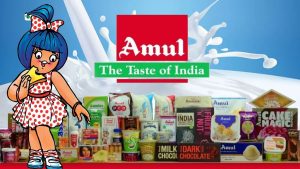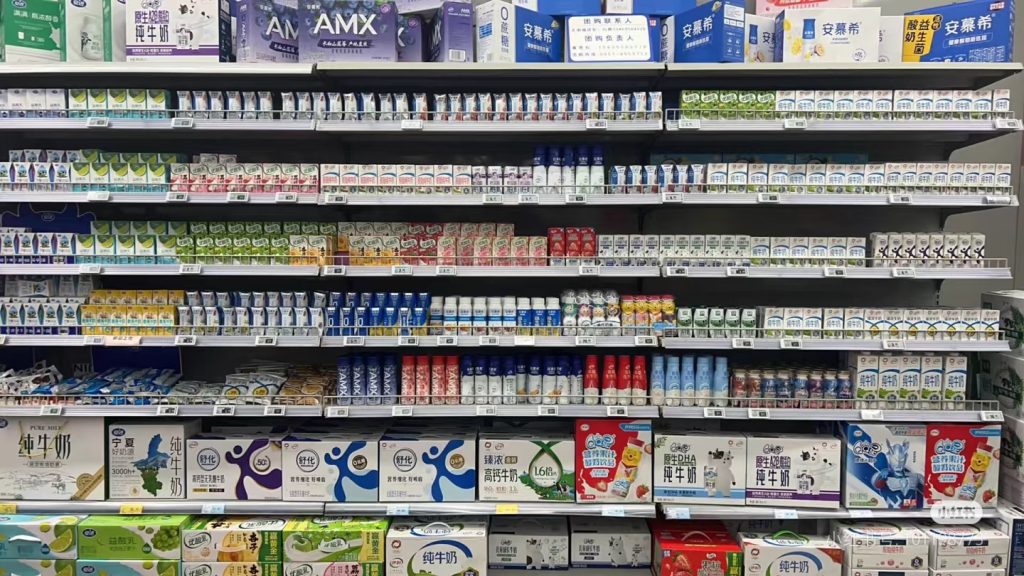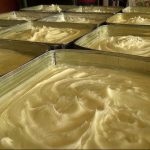
A Major Regulatory Change Is Set to Reshape the Dairy Market, Boosting Quality and Consumer Confidence.
A major regulatory shift is set to redefine China’s dairy market, with the first amendment to the “National Food Safety Standard for Sterilized Milk” officially implemented this month. The new standard strictly prohibits the use of reconstituted milk in domestic pure milk and sterilized milk, mandating that the sole raw material must be 100% raw cow’s milk. This significant change, which has been met with widespread consumer approval, forces the agribusiness sector to strengthen its focus on fresh milk sourcing and quality.
The decision to eliminate reconstituted milk from pure milk is rooted in nutritional and quality considerations. The article explains that reconstituted milk, which is essentially milk powder mixed with water, undergoes multiple heating processes. This multiple-pasteurization method can cause a loss of vital nutrients, such as active calcium and lactoferrin, leading to a reduced nutritional value and a less desirable taste. By mandating the use of only raw milk, the new standard ensures consumers receive a product with maximum nutritional integrity and quality.
From an agribusiness and dairy economics perspective, the new regulation is a direct result of market conditions. With the country’s dairy farming infrastructure and milk supply now sufficient, and domestic milk prices falling, the need for a cost-effective but lower-quality alternative like reconstituted milk in pure milk has diminished. While reconstituted milk remains a practical and economical ingredient for other products like flavored milk, yogurt, and ice cream, its removal from pure milk is a strategic move to push the industry toward a higher-quality model.
The industry has largely anticipated and prepared for this change. The article notes that many major brands, including Yili and Bright Dairy, had already ceased using reconstituted milk in their pure milk products prior to the new standard. This proactive approach reflects a shift in consumer demand, with health-conscious buyers showing a preference for “short-shelf-life, low-temperature pure milk” made from raw milk, even at a higher price point. This trend in consumer behavior has driven manufacturers to adapt and focus on fresh milk as a key selling point.
Ultimately, this regulatory change is seen as a win-win for both consumers and the dairy industry. It forces companies to invest more in strengthening their milk source construction, promotes large-scale farming, and optimizes production processes. This will drive the high-quality development of the Chinese dairy industry, providing consumers with a more trustworthy product. While some consumers have expressed concerns about potential price increases, the article suggests that sufficient supply and slow demand are likely to prevent any significant price hikes.
Source: FoodTalks.cn: Fresh milk and reconstituted milk have completely “broken up”, why are consumers cheering?
You can now read the most important #news on #eDairyNews #Whatsapp channels!!!
🇮🇳 eDairy News ÍNDIA: https://whatsapp.com/channel/0029VaPidCcGpLHImBQk6x1F

















